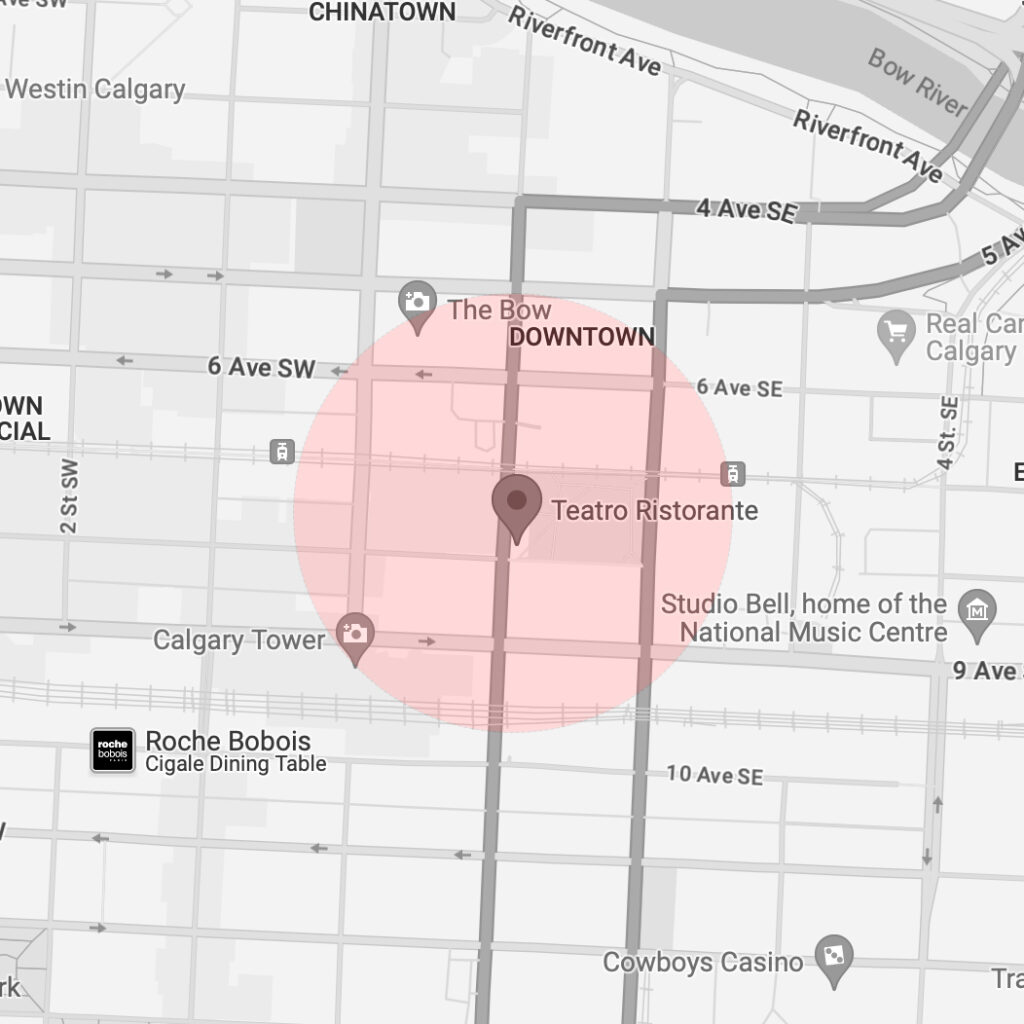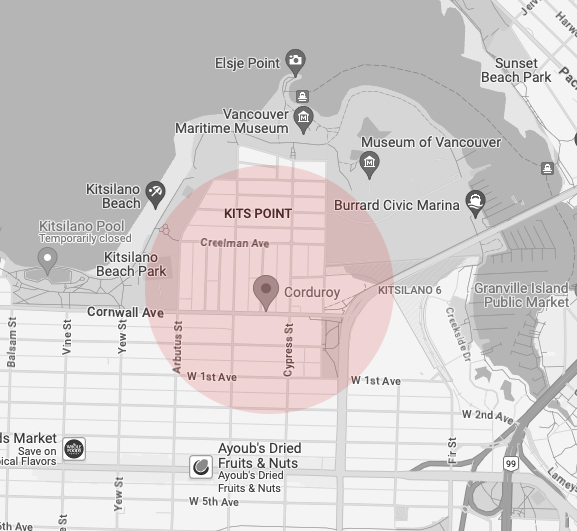"IN CONVERSATION" SERIES
Network With Us
Connect with local professionals and our lawyers at chic venues in Canada’s major downtown cores.
Teatro Ristorante
Wednesday, April 17, 2024
5:00 - 7:00 PM
Opera Room at Teatro Ristorante
Network with the Justice Centre team and other like-minded Calgarians at the elegant Teatro Ristorante in downtown Calgary. Enjoy a brief update from Justice Centre President John Carpay, and commentary from prominent lawyers in our network about the fight for freedom across Alberta and Canada.
Included with your ticket:
- Drink ticket
- Canapés and light refreshments - organic and locally sourced
- A chance to chat with Justice Centre experts and lawyers

$55
Regular Admission
$45
Early Bird Admission
Before April 1
$35
Student Admission

Nearby Paid Parking
- CPA Lot 60 Convention Centre Parkade: 727 1st St SE, Calgary
- CPA Lot 36 City Hall Parkade: 322 9th Ave SE, Calgary
- CPA Lot 24 Arts Common Parkade: 322 9th Ave SE, Calgary
- Nearest C-Train station: EB Centre Street Station
For ticket holders: Please enter The Opera Room at Teatro Ristorante. The Opera Room is accessible by its own entrance on 1st Street SE.
Corduroy Restaurant
Wednesday, April 24, 2024
7:30 - 9:30 PM
Corduroy Restaurant - 1943 Cornwall Ave, Vancouver, BC
Network with the Justice Centre team and other like-minded professionals at Corduroy Restaurant in Vancouver.
Hear President John Carpay's remarks on the fight for freedom across Canada with a special focus on the impact the proposed Online Harms Act will have on freedom of expression. Director of Communications Luke Neilson will also share about our latest public policy and education initiatives.
Included with your ticket:
- A beverage (alcoholic or non-alcoholic)
- Appetizers
- Interaction with key members of the Justice Centre team.
$40 - General Admission


There is street parking accessible in front of the restaurant, directly across from it, and also along the nearby side streets.

